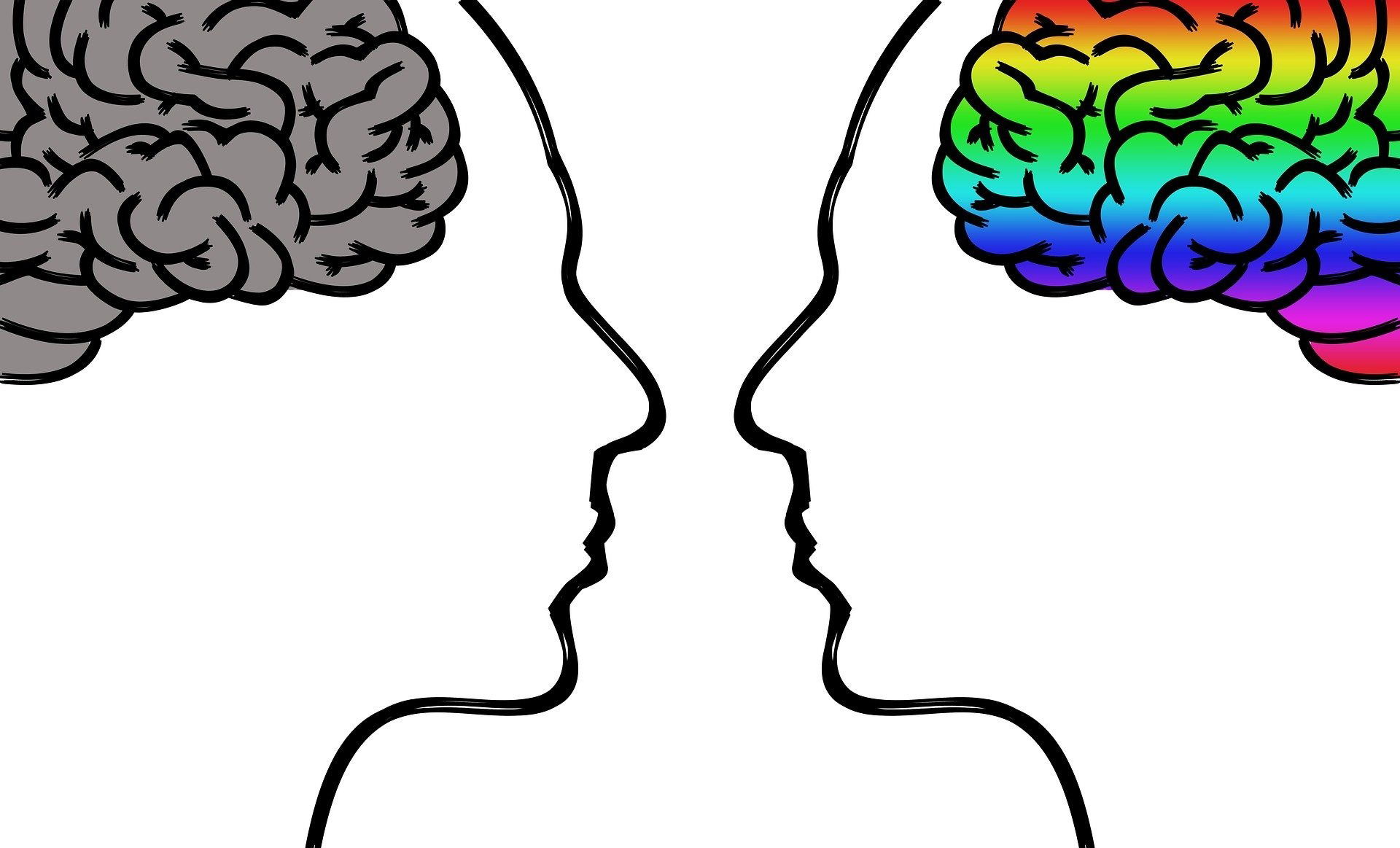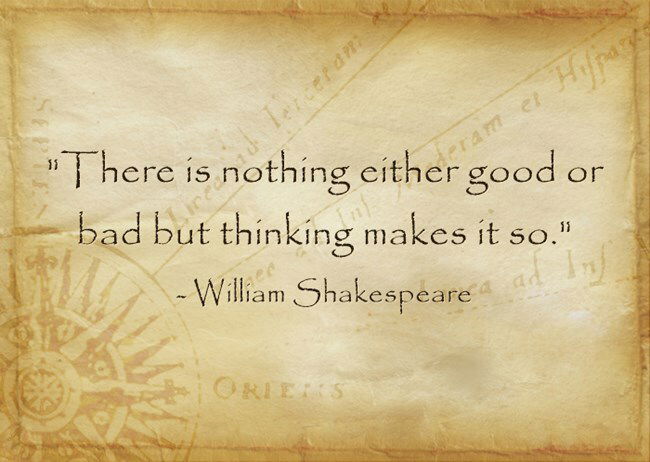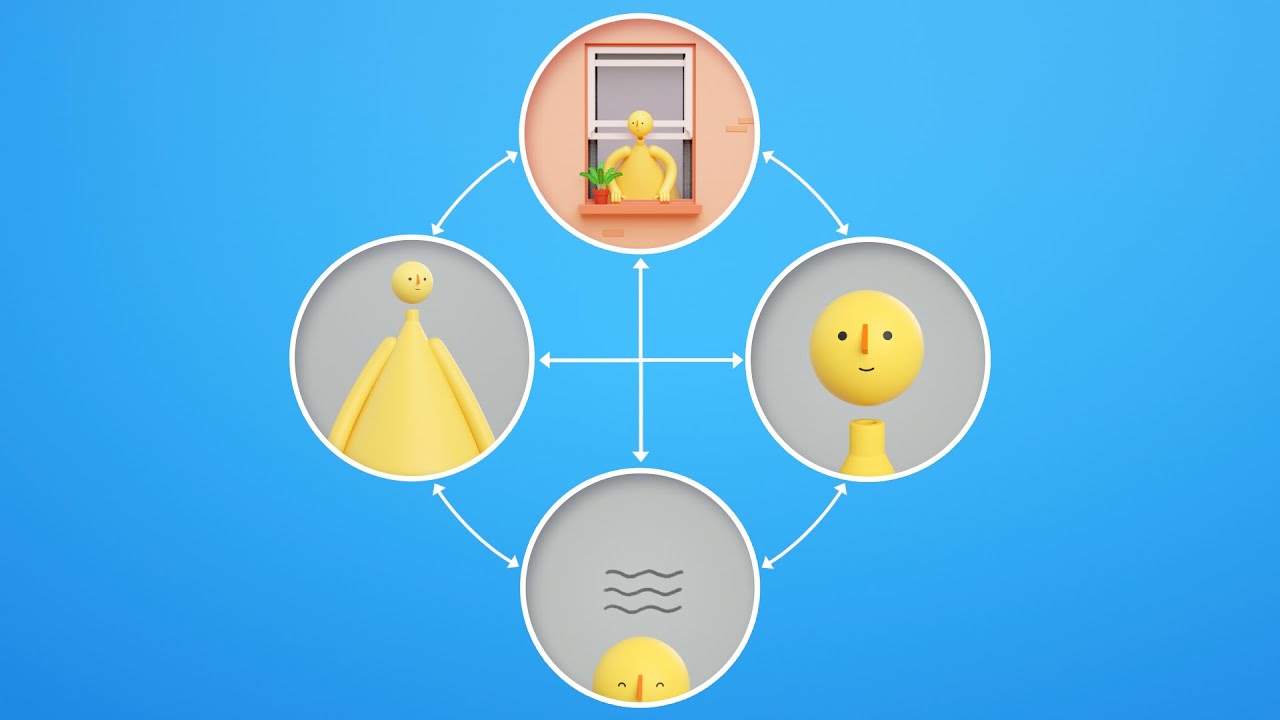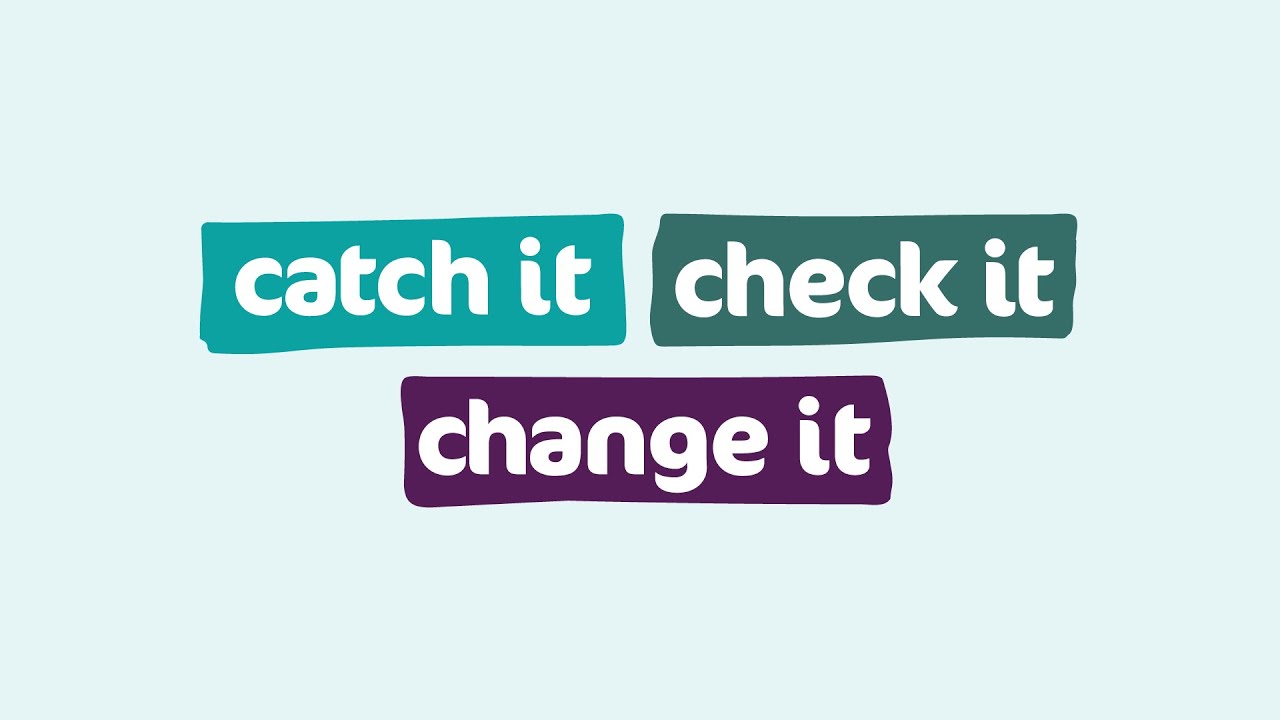The Thinking-Feeling Connection

We have thousands of thoughts every day. But thoughts aren't facts and sometimes those thoughts are unhelpful. Our thoughts are often influenced by a number of factors such as our current mood and our past experiences. It's not unusual to have negative automatic thoughts (NATs) pop into our head in a situation and these NATs are commonly driven by how we feel, not always by evidence, so it can be useful to take a step back, examine the evidence for your thoughts and explore other ways of looking at the situation. CBT can teach us ways to identify, challenge and reframe our negative thoughts.

How Thoughts Affect our Feelings
Our thoughts can have a significant impact on the way we feel; both on our emotions and on our physical sensations. To illustrate this, please allow me to tell you a story about dog poo.........
Imagine that I leave my house to bring the milk in (I'm showing my age here....harking back to the olden days when most people had milk left on their doorsteps in glass bottles!) and SQUISH I step in a steaming big pile of dog poo.

I might think thoughts such as “Typical! I'm such an idiot, why didn't I see that? Bad things always happen to me. I can’t seem to do anything right. There’s no use in even trying today. I may as well just go back inside and go back to bed.” How would you think I was feeling? If you guessed sad, depressed, defeated or something similar, you’d probably be right. I might also feel whatever energy I had drain from me and want to withdraw from people for the rest of the day.
Imagine this scenario again but instead I immediately respond with thoughts like “Oh no! I'm already running late. Now l’ll be late for work and my boss will give me a warning. But if I go to work with this poo still on my shoes, people will smell it and think I stink! What am I going to do?” How would you imagine I was feeling in this scenario? If you guessed anxious, worried, or something along these lines, you’d be right. I might notice my heart rate speeding up or beating harder, I might have a churning feeling in my stomach and go to work feeling distracted and again want to withdraw from people.
But what if my thoughts had been “That idiotic neighbour, how many times do I have to tell them to keep their dog off my path? They shouldn’t be allowed to have a dog if they’re not going to clean up after it. They've got no decency, I'm going to go round there and give them what for!” You'd be right if you guessed that I was angry. I might feel hot and tense and struggle to think clearly as I get consumed with indignation while I plot how I'm going to respond.
Now lastly imagine that having stepped in a pile of dog poo my thoughts were "Oh well....that's a bummer, but its no big deal. I'll just wipe it off and carry on about my day. I'm glad I put my shoes on before I came out at least!"
How would you imagine I'd feel then? I'd probably feel pretty calm. Neutral or indifferent even. Make no mistake though, I wouldn't be happy! Let's face it no one wakes up in the morning and tells themselves "do you know what I'd really like to do today, I'd love it if I could step in dog poo!" No one wants to step in dog poo, but the narrative we tell ourselves about what this means, or the negative predictions we might make about the impact this event could have on us are what determine how we then feel and behave after that event. There is no right or wrong way to respond to situations such as these, and its not about trying to turn things into positives, but there are often ways of thinking that are less negative, less damaging to our emotions and less impactful on our subsequent behaviour.
CBT helps us to recognise these patterns and provides us with strategies we can use to break the unhelpful cycles of Thinking-Feeling-Behaving that we can at times find ourselves feeling stuck in.
Reframing Unhelpful Thoughts
Please check out this free NHS guide to a powerful CBT technique called Cognitive Restructuring, an evidence based intervention for the treatment of low mood or anxiety, recommended by the National Institute for Health and Care Excellence (NICE, 2009).
By challenging negative or unhelpful thoughts and developing more helpful and realistic thoughts we can help improve our mood. Helpful and realistic thinking is neither negative or positive, it takes all perspectives into account and involves looking at yourself, others, and the world in a balanced and fair way.
Some people are able to successfully reframe their negative thinking by using self help guides such as the one above. However, sometimes people hold negative views and beliefs about themselves and the world which are significantly more deeply rooted than the NATs they might experience in "here and now" situations and which can be harder, and take longer, to change. CBT refers to these as "Core Beliefs".
Core Beliefs and Cognitive Behavioural Therapy
Core beliefs develop over time, usually from childhood, and through the experience of significant life events and sometimes traumatic experiences. As we try to find meaning and learn from our experiences we develop beliefs about what those experiences mean about ourselves, others and the world in general. These beliefs can be hugely influential on our perceptions and decision making; frequently governing our interactions with the world, response to stress and our relationships.
They can be positive, negative or neutral though tend to be rigid and inflexible, and they are not necessarily reasonable, accurate, or based on evidence. For example, a person might see themselves as fundamentally unlikable or unloveable even though they have friends or may even have a loving partner.
Other common themes in core beliefs include:
- Beliefs about goodness: a person’s belief that they are good or bad or that other people are mostly good or bad
- Beliefs about the world: beliefs such as “the world is a dangerous place” and “the world is fundamentally unfair”
- Beliefs about competence: beliefs such as “I am intelligent and resourceful” and “I will succeed if I try hard” or "I'm a failure" and "Nothing I do is ever good enough"
Core beliefs are frequently maintained by a person's tendency to focus on evidence which they feel supports their belief, whilst ignoring or undervaluing evidence which may contradict it.
If you feel that core beliefs may be problematic for you, then you might benefit from completing a thought diary to identify whether there are common themes in the thoughts you have (or things you say) about yourself, the world and others. The process of identifying core beliefs is not much different than that for identifying NATs, though may involve digging deeper and sifting through layers of your self talk to reveal the root of what you might be thinking. You could try using questions such as:-
- If that's true what does that mean?
- What's so bad about that?
- If that's true, then what does that say about me?
Even though your core beliefs may be very deeply held it's as important to challenge them as it is with NATs. Once you've fully identified what you've been telling yourself you can begin to see if your core beliefs hold up against all that you've experienced. This can be challenging for many, particularly those with a history of trauma who might have spent significant amounts of time and energy trying to distance themselves from negative thoughts and beliefs (and the emotional distress they often carry) but all the while not always realising the very negative impact that those perceptions have anyway despite their best efforts.
If this resonates with you then I would urge you to seek professional support or encourage you to consider booking a no obligation free initial conversation with me (via the Schedule Booking page) so that we can discuss ways in which I could help you to identify your unhelpful thoughts and beliefs, to understand the role they play in your emotional distress or mental health difficulties and to work together to adjust and replace these thoughts with ones that are more reasonable, balanced, and accurate and which take into account your strengths and resilience.




